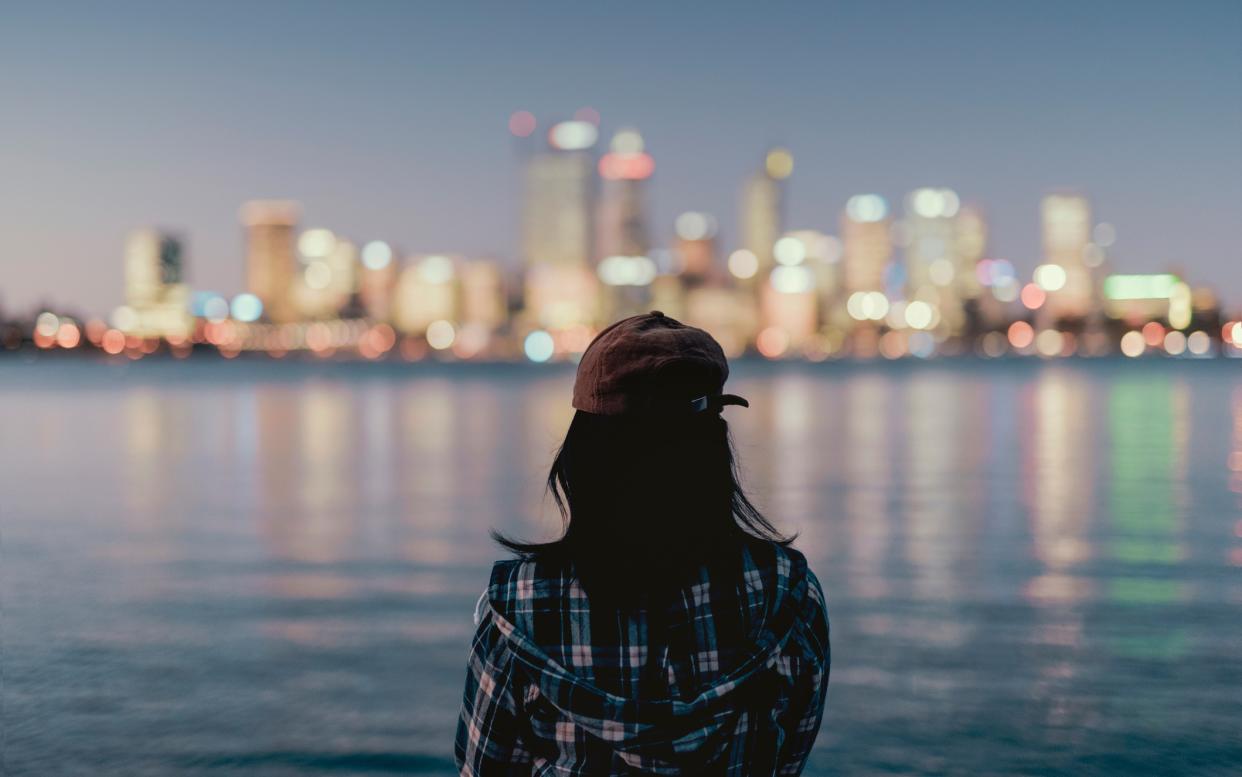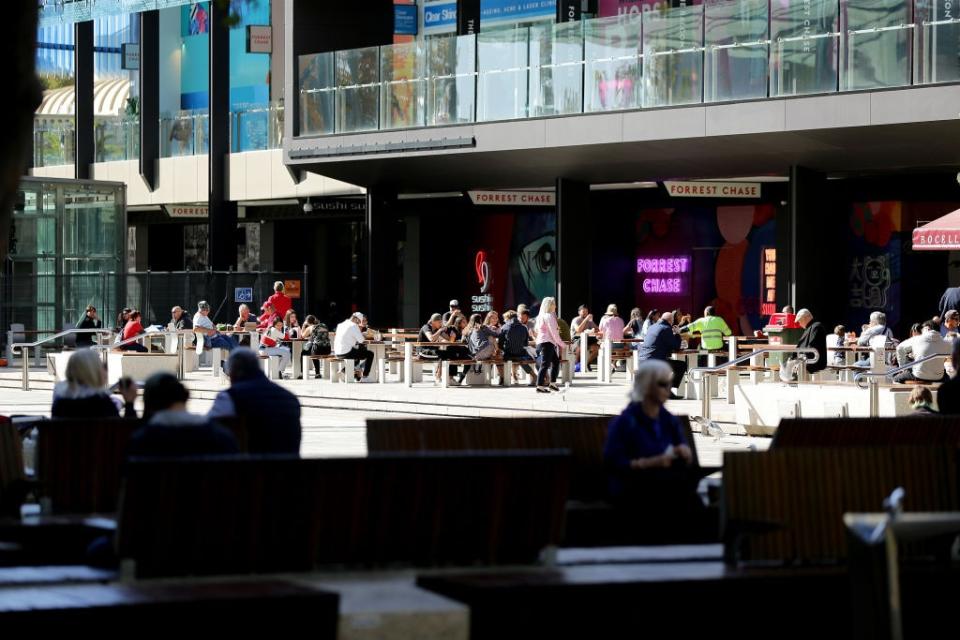Life behind the 'Pandemic Wall'

“Oh yeah, the pandemic,” Ross said to me casually, as we sat watching our team batting in Perth’s Winter Cricket Competition last Saturday. “We had a little bit of a lockdown here, but that was ages ago.”
Ross had just asked me where I’d disappeared to this year, and now he and our team mates are exchanging surprised looks as I detail the stressful four months I just spent in Ireland, under heavy lockdown for a lot of that time. “Ah well you can forget about all that Covid crap now Ronan, you’re safe in Perth”.
To people in most parts of the world, I imagine that last statement would sound ridiculous. It would smack of ignorance or denial. Not long ago I, too, would have found it bracing. But having settled back into my hometown of Perth, after returning from Ireland in mid-June, I understand why people here are so bullish about their safety. They are, after all, living behind the “Pandemic Wall”.
That’s just one of the monikers given to the raft of tough measures which have allowed Western Australia to go an extraordinary 89 days without a community-based Covid-19 infection. Put simply, the virus is not circulating in this State of 2.7 million people and it hasn’t been for a long time.
The only recent infections were detected in WA’s harsh mandatory quarantine, which requires residents returning from overseas to be locked in a hotel room for 14 days and to test negative for Covid-19 before being released. It was Victoria’s failure to enforce this same policy that led to its recent spike in infections and the fresh lockdown of Melbourne.

While Australia’s two most populous states, Victoria and New South Wales, only closed their borders this week, WA declared itself a nation within a nation three months ago when it shut its 1,200-mile border with the rest of the country. As a result, Perth may just be the safest city on the planet right now. That’s the claim WA Premier Mark McGowan made recently.
It rang true with me last weekend. After we won our cricket match I met my wife, baby boy and sister for lunch in a crowded shopping centre food court. Not a surgical mask in sight. In fact, the last person I saw wearing a mask was a staff member at the hotel where I finished my quarantine 15 days ago.
After cricket and my food court feed, I went to the cinema, an experience I’d craved while in lockdown in Ireland. The next morning I worked off my movie-snack calories in a busy gym, where buff young people exchanged handshakes and fist bumps. My body still aching from cricket, I had a deep-tissue massage that afternoon.
I felt sorry for the masseuse trying to ease a very large body of four months’ worth of pandemic-induced tension. “How is it possible to feel this relaxed amid a global catastrophe?” I thought to my self as I left the massage studio, with a smidgeon of guilt.

Then I handed another daunting task to a service worker. It had been five months since I’d had a proper haircut. “It shows,” said my hairdresser. As streams of people walked by her salon inside a shopping centre, I remarked at how busy the complex was. “It’s more crowded than before the coronavirus,” I said to her. She nodded but added some crucial context: “People aren’t spending much money though”.
From a financial perspective, WA has and still is heavily affected, with many businesses having been damaged and thousands of jobs lost. But in terms of safety, WA residents have been extremely lucky. Life in Perth right now feels no different to when I left in early February, a month before the World Health Organisation declared the coronavirus outbreak a pandemic. As we’ve seen in Victoria, though, things can transition from great to ghastly real quick. That’s why us WA residents are happily hiding behind our Pandemic Wall.


